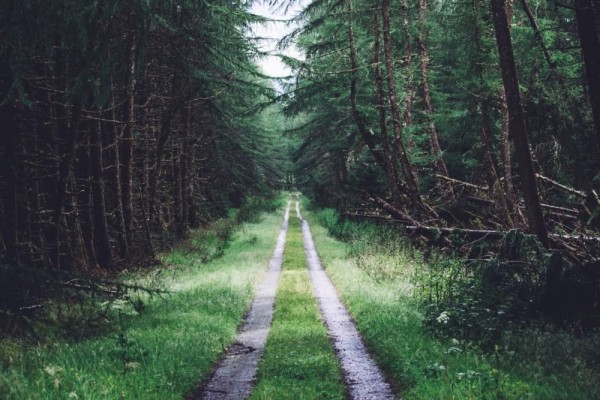
In the contemporary world human life is, without a doubt, marked by events and experiences that occur in an unstoppable sequence from the beginning to the end of it. As if it were an obstacle course, or a carousel, we jump from one stage to the next, living each one of them intensely: the announcement of a new life on the way, its birth, its initial development, the achievement of his or her personal or academic achievements, the participation in significant social events, etc. The immediacy provided by our media turn life into a collection of moments that we can share in front of our social circle as we are experiencing them, thus building a life itinerary dotted with events that we want to remember.
However, these stages, or vital events, hide the valleys or gaps that lie between one event and the next, and in which apparently not much happens: the days that resemble the previous or next day, the encounters and conversations which are predictable and ordinary, the daily effort to carry out a commitment or a personal (or familiar, or collective) project. The vast majority of our days, in fact, are not marked by an event. Instead, they are simply part of a process. There is little or nothing remarkable in any given day within a process of personal maturation, healing, learning, or overcoming. They are part of a path, of an itinerary that has a more or less distant destination as its goal, and to which a person can only get closer through multiple days that are very similar to each other.
The pilgrims of the past knew they were on the way, living the innumerable steps of their itinerary without the rush or anxiety of someone who needs to be able to announce that he has already achieved a new accomplishment in his life. As if it were a pilgrimage, the stages of a process of human development are only significant as a whole. Seen one by one, they are not enough to convey the immediate satisfaction to which modern life aspires, eager for events that seek to fill the dreams and vital needs. Learning to live on the road implies understanding life as a slow process, one that requires patience, and giving up the necessity to present immediate results and experiences to others.
Modern human beings lack this sense of time, and of the rhythms with which nature itself impregnates their daily living in a natural environment. The original peoples who still live subject to nature are well aware of the patience of the farmer or the shepherd, whose days are practically the same as each other, but little by little they are reaching fruits and results. Jesus of Nazareth, a man who grew up and was educated in the rural world, showed the wisdom of one who knows that life is a journey, rather than a sequence of events: "The reign of God is like a mustard seed which someone took and sowed in his field. It is the smallest of all seeds, yet when full-grown it is the largest of all plants. It becomes a big shrub, so that birds come and make their nests in its branches.” He also told them another parable: "The reign of God is like yeast which a woman took and kneaded into three measures of flour. Eventually the whole mass of dough began to rise." (Matthew 13:31-33)
In contrast to this ancient wisdom of the rural world, our time is characterized by the immediacy of events, information, and communications. Yet, life is not a chain of events, but a process, slow and calm, in which the path is oftentimes more significant than the destination. To be able to make this path of life in peace, it is necessary to live each stage with its own flavor, without wanting to accelerate or advance events.
A life that is open to the fruits that ripen in due time, and to the yeast that gradually ferments the dough invisibly, will be a life that does not yearn for immediate results, but trusts in the chosen itinerary, and savors each one of its stages.









